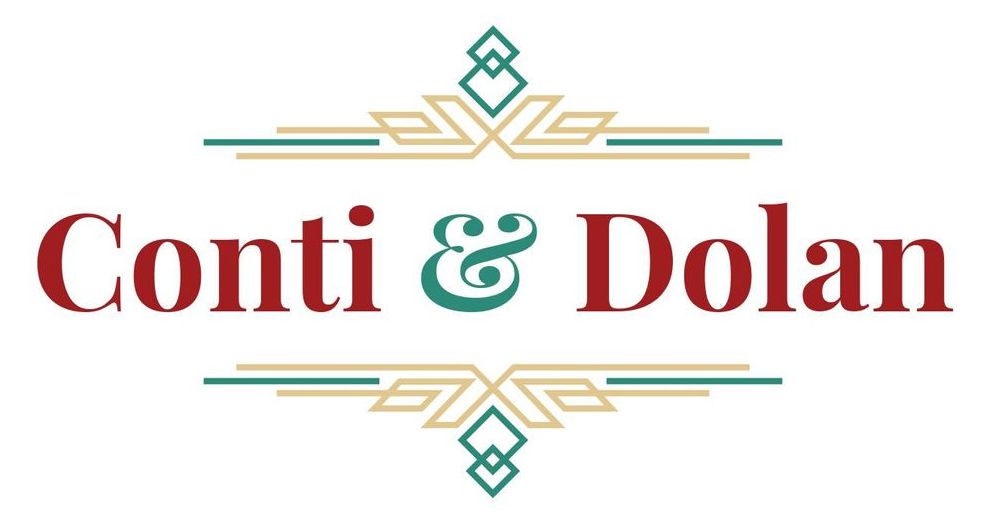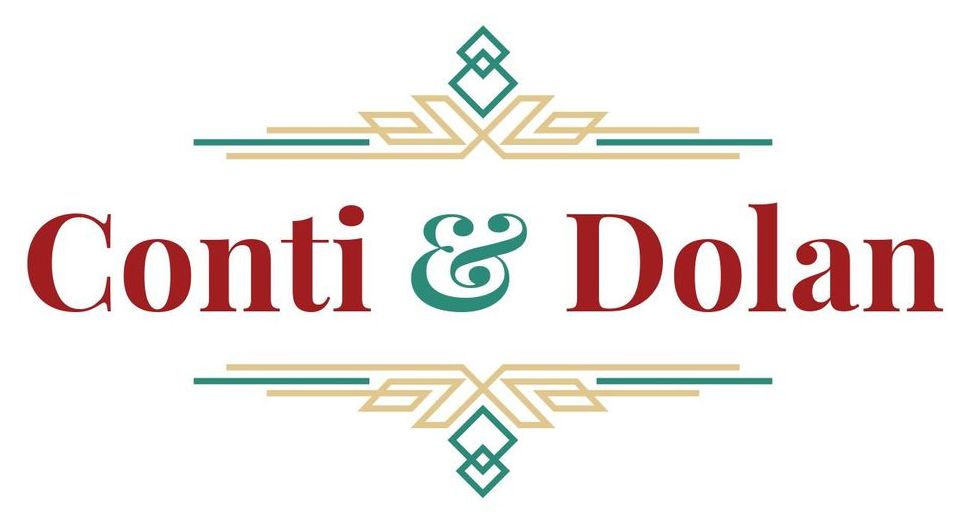Representation at the Administrative Agencies
Large firm experience and results. Small firm attention.
Administrative agencies are official governmental bodies with the authority to direct and supervise the implementation of certain laws. Administrative agencies are not courts of law, but their rules and regulations may have the force of law against the parties involved in a dispute.
Often, individuals prefer to resolve their matters through administrative agencies, which can be more time and cost efficient than court proceedings. Individuals often do not need the assistance of an attorney in order to file claims at administrative agencies. In addition, state and federal courts may prefer that matters proceed through administrative agencies, since judicial resources may be preserved in that manner. Other times, such as when alleging claims of discrimination based on a violation of Title VII, the ADAAA, or the ADEA, filing a charge with an administrative agency is a mandatory prerequisite to filing suit in federal court.
The employment law attorneys at Siegel & Dolan often deal with issues that can proceed before the Equal Employment Opportunity Commission (“EEOC”), the Illinois Department of Human Rights (“IDHR”), the Department of Labor (“DOL”), or the Illinois Department of Employment Security (“IDES”).
The Equal Employment Opportunity Commission
The EEOC administers a number of laws that protect an employee’s right to a work environment free from discrimination or retaliation on the basis of race, sex, national origin, color, religion, disability, or age. After filing a charge of discrimination at the EEOC, the case may proceed either to mediation or investigation. Mediation is a process by which the employer and employee mutually agree to meet with a neutral mediator to resolve their employment issues. If the case proceeds to investigation, the EEOC will have 180 days from the date of the filing of the charge to issue a determination on the matter. The EEOC determination will find that there is either cause or no cause to believe that a violation of the applicable law has taken place. Once the individual has obtained a Notice of Right to Sue following the EEOC investigation, he or she has 90 days to file suit in federal court. For most of the claims adjudicated by the EEOC, filing the charge with that administrative agency is a mandatory prerequisite to filing a suit in federal court. More information regarding the EEOC, including detailed information about the laws enforced by the EEOC and the procedure for filing a charge of discrimination, can be found at the EEOC website.
The Illinois Department of Human Rights
The IDHR investigates and enforces the Illinois Human Rights Act (“IHRA”), which prohibits discrimination because of race, color, religion, sex, national origin, ancestry, age, marital status, physical or mental handicap, military status, and sexual orientation. In order to bring a lawsuit stating a claim under the IHRA, individuals must first file a charge of discrimination with the IDHR. The charge should be filed as soon as possible after the alleged violation occurs, but no later than 180 days from the date that the discrimination or retaliation took place. After filing a charge of discrimination at the IDHR, the case may proceed either to mediation or investigation. Mediation is a process by which the complainant and respondent mutually agree to meet with a neutral mediator to resolve their dispute. If the parties are unable to reach an agreement in mediation, the charge of discrimination will proceed to investigation. During investigation, a neutral investigator will review the case, meet with the parties, speak to witnesses, and review documents. Both parties will attend a fact-finding conference with the investigator. Following the investigation, the investigator will prepare a written report recommending that there either is or is not “substantial evidence” of a violation of the IHRA. If substantial evidence of a violation is found, the parties are encouraged to enter conciliation and resolve the matter.
If settlement is not accomplished, the IDHR will file a Complaint of Civil Rights Violation with the Human Rights Commission on behalf of the complainant. Alternately, at this point the complainant may initiate the Illinois court filing procedure or, since all IDHR charges are cross-filed with the Equal Employment Opportunity Commission, the complainant may request a notice of right to sue and proceed to federal court. More information regarding the IDHR, including detailed information about the laws enforced by the IDHR and the procedure for filing a charge of discrimination, can be found at the IDHR website.
The United States Department of Labor
The DOL is an administrative agency which administers a variety of federal labor laws, including those that guarantee workers’ rights to safe and healthful working conditions; a minimum hourly wage and overtime pay; freedom from employment discrimination; unemployment insurance; and other income support. Employees with inquiries and complaints regarding the laws administered by the DOL may file a complaint with the Secretary of Labor by contacting the nearest office of the Wage and Hour Division of the Employment Standards Administration, U.S. Department of Labor. The DOL will review the complaint, and attempt to resolve the complaint administratively. Alternatively, a complainant may file suit in courts without first notifying the Secretary of Labor. More information regarding the DOL, including detailed information about the laws enforced by the DOL and the procedure for filing a charge of discrimination, can be found at the DOL website.
The Illinois Department of Employment Security
The IDES primarily investigates and awards unemployment insurance benefits. Our employment attorneys are experienced with providing services to clients who face appeals at the IDES and need advice regarding their right to unemployment insurance (“UI”) benefits. Generally, to be found eligible for benefits, a claimant must be unemployed through no fault of his or her own, must have earned wages in “insured” employment, must be available for new work, and must be actively seeking work. A claimant might be ineligible to receive UI if he or she quit his or her job voluntarily without good cause attributable to the employer, if the claimant was terminated for misconduct related to his or her work, or if the claimant is out of work because of a labor dispute. Benefits are not paid for any days when an employee is unable to work due to being on vacation, illness, lack of transportation, or any other activity that makes the claimant unavailable to work. Finally, in order to maintain eligibility for benefits, a claimant must be actively seeking work and willing to accept any suitable job offered. The claimant must keep a log of job search activities for every week benefits are claimed. Typically, our involvement with the IDES proceedings will be ancillary to our representation of an employee with regard to other employment issues. More information regarding IDES, including how to file a claim, can be found at the IDES website.


